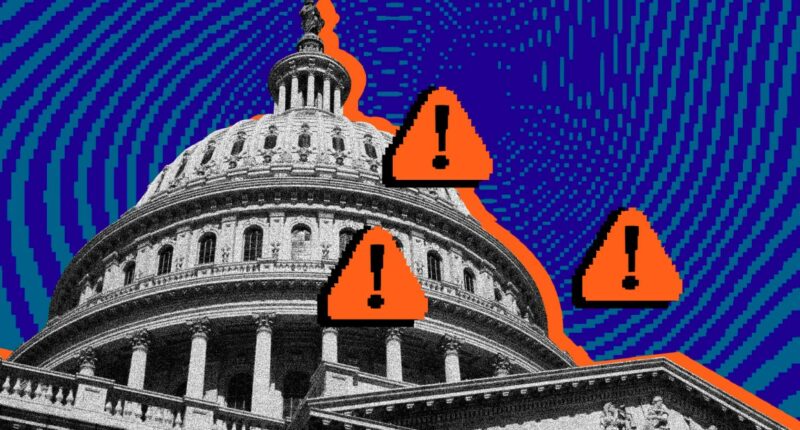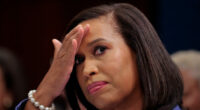Share this @internewscast.com
The House Energy and Commerce Committee has unveiled a series of 19 legislative proposals aimed at enhancing the safety of children on the internet. This ambitious package offers Congress a unique opportunity to enact some of the most significant internet regulations in recent years, while also navigating the complex debate surrounding online speech rights.
Central to this legislative effort is the Kids Online Safety Act (KOSA), a bill that will be examined by the commerce subcommittee during an upcoming hearing. KOSA has garnered significant attention, particularly from parents who have tragically lost children to online hazards such as cyberbullying, sextortion, and illicit drug transactions. However, the latest iteration of the bill omits a key feature from the Senate’s previously passed version—the “duty of care” clause. This clause would have held tech companies legally accountable for preventing harms like eating disorders and depression linked to their platforms. Critics had cautioned that this provision might inadvertently restrict legal speech, including resources aimed at addressing the very issues KOSA seeks to mitigate.
In the revised House draft, the “duty of care” has been substituted with a mandate for social media companies to implement “reasonable policies, practices, and procedures” to combat specific harms. These include threats of physical violence, sexual exploitation, the distribution of narcotics and other harmful substances, and financial harm from deceptive practices. The scope of these policies will depend on the platform’s size, complexity, and ability to address these issues. Notably, this version broadens the bill’s reach to include nonprofit platforms.
Alongside KOSA, the legislative package features several other noteworthy bills. The App Store Accountability Act, for instance, is a federal counterpart to state-level laws that require age verification at app stores and the transmission of age data to developers. The Children and Teens’ Online Privacy Protection Act (COPPA 2.0) proposes raising the age for privacy protections from under 13 to under 17, and seeks to ban targeted advertising to minors. Another draft, the Reducing Exploitative Social Media Exposure for Teens (RESET) Act, aims to prevent social media platforms from allowing users under 16 to maintain accounts.
This marks a pivotal moment, especially after the previous year when House Republican leaders opted not to advance KOSA despite its overwhelming approval in the Senate. Concerns over constitutional and free speech implications were cited by House Speaker Mike Johnson and Majority Leader Steve Scalise, amid accusations of industry influence due to tech investments in their state. With a renewed focus on online safety for children, the current House leadership appears ready to revisit this crucial issue. However, the path forward remains uncertain, and the proposals have already evolved significantly from their original form.
It’s a significant step after last year, when House Republican leadership passed on the chance to advance KOSA. Though the Senate approved it 91-3, House Speaker Mike Johnson (R-LA) and Majority Leader Steve Scalise (R-LA) worried about the bill’s constitutionality and free speech implications. Opponents accused them of cozying up to the tech industry due to investments in their state. Now, it appears that House leadership may follow through on promises to reconsider kids online safety legislation — but it already looks far different than what was proposed last year, and there’s no promise it will cross the finish line.








